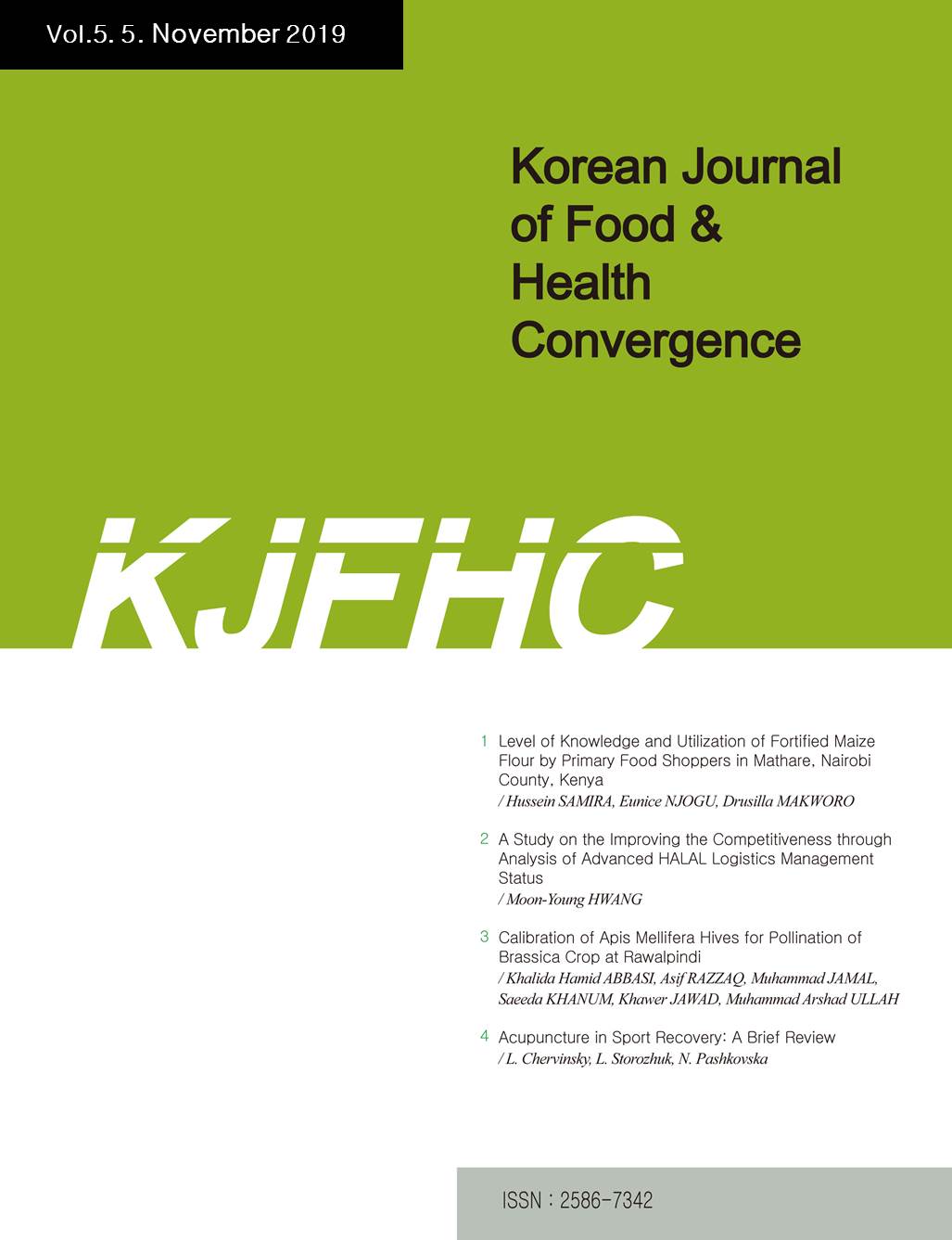 E-ISSN : 2586-7342
E-ISSN : 2586-7342
A Systematic Study on Cognitive-Based Intervention for the Elderly with Mild Cognitive Disabilities and Early Dementia*
Eun-Ju OH (Dong-A Health University)
Abstract
This study evaluated the effectiveness of cognitive-based interventions for elderly individuals with Mild Cognitive Impairment (MCI) and early dementia over the past decade. A systematic review of 27 randomized controlled trials published from 2013 to 2023 focused on cognitive function, daily living activities, and quality of life improvements. The results showed that cognitive training and stimulation programs led to significant gains in memory, attention, and problem-solving skills. Additionally, improvements in daily functioning and overall quality of life were observed. Customized programs tailored to individual needs were found to be particularly effective, emphasizing the importance of personalized approaches. These findings suggest that cognitive interventions can help delay cognitive decline and maintain independence in older adults with MCI or early dementia. The review highlights the potential of such interventions in promoting healthy aging and improving the overall well-being of elderly individuals. Furthermore, these interventions can help older adults maintain meaningful social connections and enhance their emotional well-being in significant ways. Future research should aim to optimize and expand these programs for better outcomes and greater accessibility across various communities. This comprehensive review provides valuable insights for healthcare professionals and caregivers, demonstrating that cognitive-based interventions are a promising and effective approach for managing cognitive decline in older adults.
- keywords
- Mild Cognitive Impairment, Early Dementia, Elderly, Cognitive-Based Intervention, Systematic Review
- Submission Date
- 2024-09-13
- Revised Date
- 2024-10-20
- Accepted Date
- 2024-11-05
- Downloaded
- Viewed
- 0KCI Citations
- 0WOS Citations

